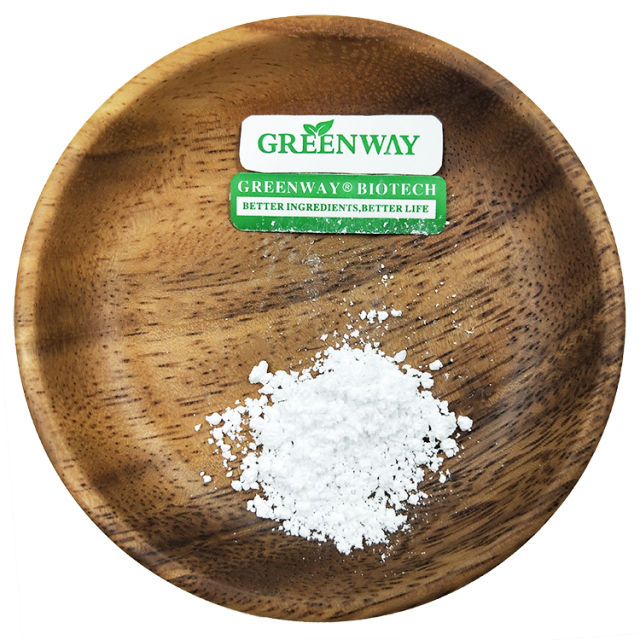
Best Ectoine Ectoin Powder Supplier | China Manufacturer
Ectoine, is an amino acid derivate developed by professional fermentation platform technology, with high stability and safety profile. Ectoine belongs to the group of extremolytes, and it can protects extremophilic microorganisms from the lethaland extreme conditions of their habitats because of forming the protection efficacy of DNA, proteins and cell membrane. Tests prove that ectoine has remarkable protective and repairing effects, helps skin resist external pressure, and can be widely used in personal care products such as repair, anti-pollution, sun care, anti-aging products and color cosmetic products.

| Product Name: | Ectoin |
|---|---|
| Source: | Natural Fermented |
| MOQ: | 20g |
| Appearance: | White crystalline powder |
| Assay: | 99% min |
| Recommended Dosage: | 0.1%~2% |
| Shelf Life: | 2 Years |
| Item | Specification | Result |
| Appearance | White or similar white crystal or powder | Confirm |
| Identification | Consistent with the reference spectrum | Confirm |
| Assay | ≥98.0% | 99.1% |
| pH (2%) | 6.0~8.0 | 7.0 |
| Transparency (2%, A550nm) | ≥98.0% | 98.2% |
| Specific rotation | +139°~+145° | 140.1° |
| Chloride | ≤0.05% | <0.01% |
| Loss on drying | ≤1.0% | <1.0% |
| Ash | ≤1.0% | Confirm |
| As | ≤2 ppm | Confirm |
| Pb | ≤10 ppm | Confirm |
| Sb | ≤ 1 ppm | Confirm |
| Cd | ≤ 5 ppm | Confirm |
| Ni | ≤ 10 ppm | Confirm |
| Cr | ≤ 5 ppm | Confirm |
| Hg | ≤ 1 ppm | Confirm |
| Bacteria counts | ≤100 cfu/g | <100 cfug |
| Mold & Yeast | ≤50 cfu/g | <10 cfu/g |
| Staphylococcus aureus | Negative | Negative |
| Thermotolerant coliforms bacteria | Negative | Negative |
| Pseudomonas aeruginosa | Negative | Negative |


